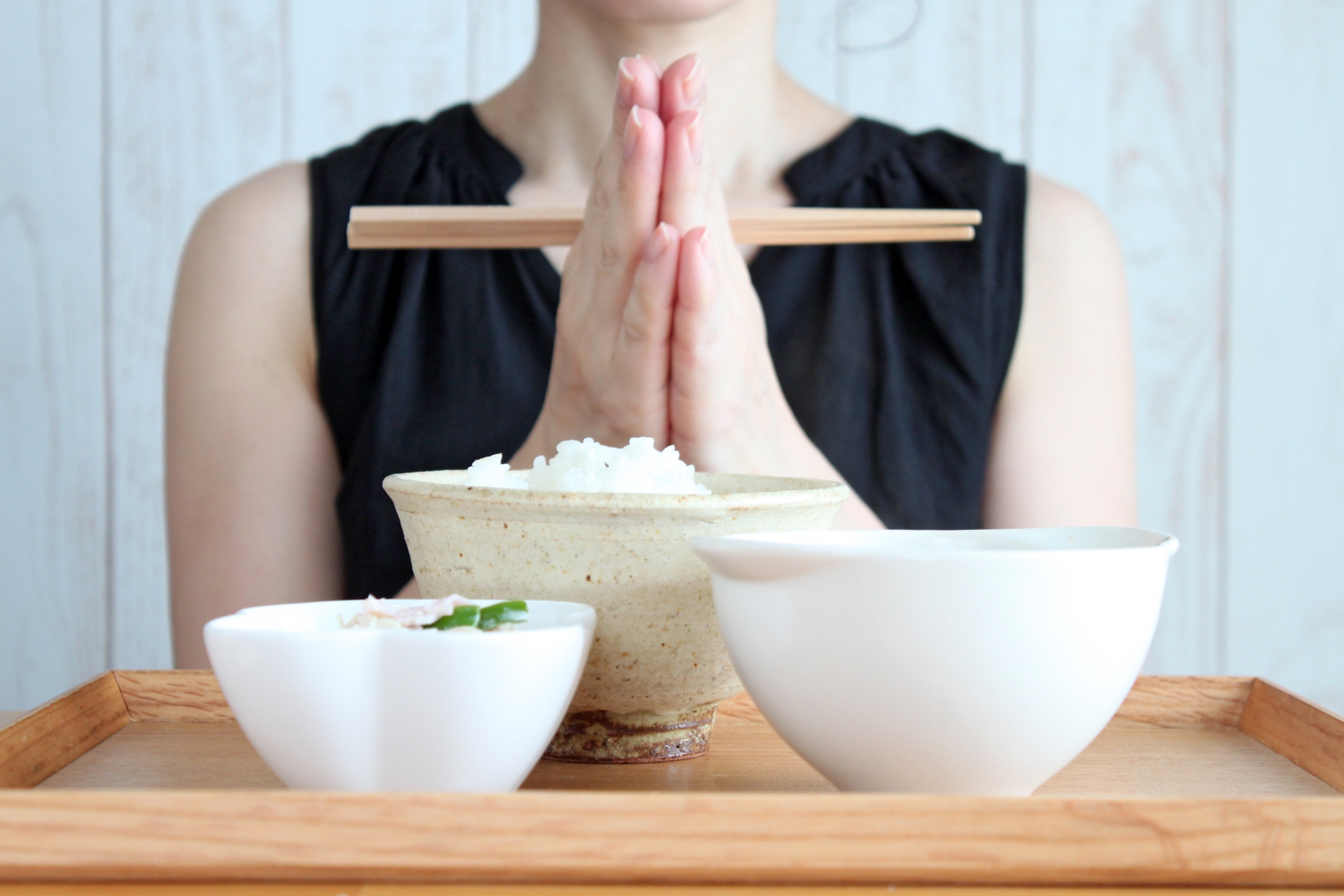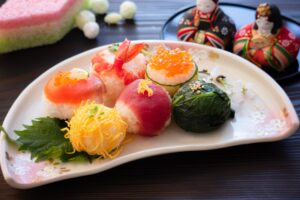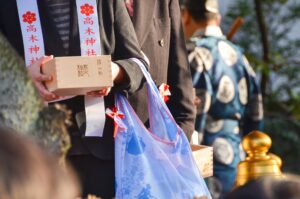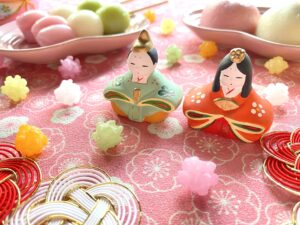This article explores the cultural significance, proper usage, and the historical context of the Japanese phrase “itadakimasu”. Aimed at language learners, cultural enthusiasts, and travelers, this guide will help readers understand and use this expression correctly, enhancing their appreciation of Japanese dining customs.
Introduction to Itadakimasu
“Itadakimasu (いただきます)” is a Japanese phrase commonly used before meals, signifying gratitude for the food and the effort put into its preparation. Pronounced “ee-tah-dah-kee-mas,” it literally means “I humbly receive.” This expression embodies deep cultural significance, reflecting the values of respect, gratitude, and mindfulness inherent in Japanese society. Understanding and correctly using “itadakimasu” not only enhances one’s dining experience but also shows appreciation for Japanese traditions.
Historical Background of Itadakimasu

The origins of “itadakimasu” trace back to Buddhist practices where consuming food was seen as a spiritual act. Historically, the phrase evolved from the formal practice of offering thanks for all life forms that contributed to the meal, including plants and animals. Over centuries, “itadakimasu” became ingrained in daily life, adapting to the changing cultural landscape while retaining its core essence of gratitude and respect. This evolution highlights the continuity of cultural practices and the adaptability of traditional expressions in modern contexts.
Cultural Significance
“Itadakimasu” goes beyond mere politeness; it is a reflection of the Japanese ethos of appreciating life and the interconnectedness of all beings. By saying “itadakimasu,” individuals acknowledge the sacrifices made for their nourishment and express a sense of gratitude. This practice fosters a mindful approach to eating, promoting respect for food, the environment, and those who prepared the meal. It symbolizes a broader cultural appreciation for harmony and respect in everyday activities.
When and How to Use Itadakimasu
“Itadakimasu” is typically said before starting a meal, akin to saying “bon appétit” in French. The proper way to use it involves placing your hands together in a prayer-like gesture, bowing slightly, and saying “itadakimasu” with sincerity. This ritualistic aspect underscores its importance in Japanese dining etiquette. Understanding the nuances of this phrase helps learners and travelers demonstrate respect and appreciation when dining in Japan.
Common Responses and Related Phrases
After finishing a meal, the phrase “Gochisousama (ごちそうさま)” is used to express thanks to those who prepared the meal. It translates to “thank you for the feast” and complements itadakimasu,” creating a full circle of gratitude in the dining experience. These expressions are essential in Japanese dining etiquette, emphasizing respect and gratitude throughout the meal.
| Occasion | Phrase | Meaning | Gesture |
|---|---|---|---|
| Before a Meal | Itadakimasu | Express gratitude | Hands together, slight bow |
| After a Meal | Gochisousama | Thank the preparer | Hands together, slight bow |
Modern Usage and Adaptations
In contemporary Japan, “itadakimasu” continues to be widely used, though its usage can vary slightly among younger generations or in more informal settings. Additionally, in casual meals or when alcohol is involved, “Kanpai” (cheers) is often used instead of itadakimasu.

Modern adaptations might include a simple nod or a less formal tone, but the underlying sentiment remains the same. Understanding these nuances helps in navigating social dining scenarios and adapting to different contexts while respecting the tradition.
Comparing Meal-time Expressions Globally
Expressions of gratitude before meals are common in many cultures, though they vary significantly. For instance, “bon appétit” in French, “guten Appetit” in German, and “buen provecho” in Spanish all serve a similar purpose. Comparing these phrases with “itadakimasu” highlights both the uniqueness of Japanese dining customs and the universal human trait of expressing gratitude. Such comparisons enrich our understanding of cultural diversity and the shared values across different societies.
| Language | Phrase | Meaning |
|---|---|---|
| Japanese | Itadakimasu | I humbly receive |
| French | Bon appétit | Good appetite |
| German | Guten Appetit | Good appetite |
| Spanish | Buen provecho | Enjoy your meal |











